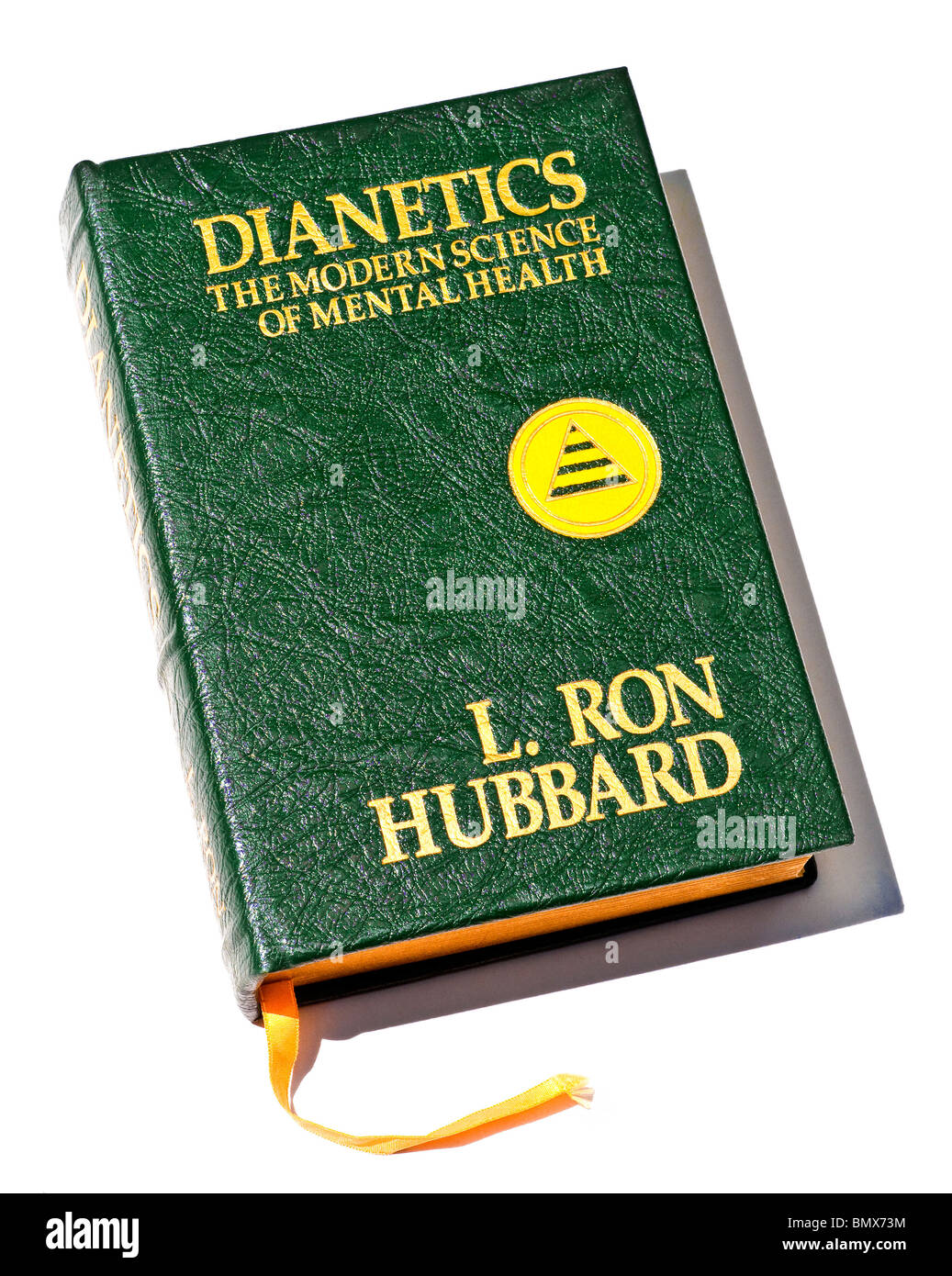The 4-Minute Rule for Dianetics
The 4-Minute Rule for Dianetics
Blog Article
Little Known Facts About Dianetics.
Table of ContentsDianetics Fundamentals Explained4 Simple Techniques For DianeticsAn Unbiased View of DianeticsThe 15-Second Trick For Dianetics
I couldn't ever before not wish to receive anything that enters your mind for you- if it was or else, I wouldn't be sitting below with you, doing this. I not just could never have a problem, or not desire to listen to something that enters your mind for you, but I'm completely eager to know every concept, every thought, every image or feeling that arises or materializes for you- do not ever before assume otherwise, and if for some factor you do, please just let me know! Occasionally, you might have an idea, and photo, idea or event turn up that does not seem to respond to the inquiry, or associate with it, however nevertheless, always do tell me regarding it, and as we continue, the significance will certainly arise for you.This is fundamental in the basis of processing, and the topic of this discussion: the fundamental duties of the therapist and the client: The basic role of the therapist is, in contrast to "conventional training", not to control, which means to enforce and/or inhibit, but to instead work from the basis of EMPOWERING THE CLIENT.

The Single Strategy To Use For Dianetics
John Mcmasters revealed this standard reality wonderfully well in among his talks on Power processing, wherein he clarifies exactly how he was asked what this "special knack" was that he had for offering such great sessions; he needed to think of that for a minute, and identified that it was what he had not been doing, in addition to what he was doing: he had not been assessing, judging, computer, or actually, producing any type of thoughts, let alone verbal expressions, after offering the command and while waiting on the computer to complete their answer to their fulfillment; he was, simply and just, existing with the PC, and entirely interested.
The function of the counselor, demonstrated; that was his "unique flair". I have actually had my own experience which educated me this well, very beforehand in the game. In 1982, having recently finished my training and internship on New Period Dianetics, I was running this on a COMPUTER, and there was a factor in the session where (being a bit damp behind the ears not yet having lots of hours under my belt as an expert auditor) the computer seemed to be "taking also lengthy" to express anything verbally after I gave him a command.
This secret became one of the most beneficial contribution that John ever before made to the subject of treatment or auditing (Dianetics). In my simple point of view, it is the best contribution that anyone has ever made to these subjectsthe application is entirely non-judgemental, non-evaluative, and devoid of any type of recommendation, suggestions or opinion.no preconditioned program for individuals, or 'degrees' that they need to do
In Scientology we prided ourselves on not reviewing for people. All that really suggested was that the auditor did not VERBALLY examine for the PC in session.
The Buzz on Dianetics

Any individual that had ever before seen John audit could not aid yet see a distinct quality in his bookkeeping."The client's fundamental role is to be there with the purpose of relocating the instructions of their spiritual objectives, and to openly and completely express and experience whatever materializes for them in responding to the inquiries and performing the instructions in the handling.
This is something to procedure as needed. Yet additionally, people often have prior experience and/or indoctrination in auditing/processing which, somehow, and to some degrees, actually misleads them right into mindsets, concepts and habits patterns that prevent the full understanding of these functions, therefore they will certainly have a tendency to hinder the expressing of what enters your mind, as in the instances offered above. * The first, and maybe primary examples of mis-indoctrination leading to less than totally smooth and efficient sessions, can be discovered in specific elements great post to read of the training routines, or "TR's":"TR's" are frequently a person's initial, or a minimum of early, experience in Scientology, and while I will take place to describe what I see as the problems in principle and technique, however, tend to be substantially restorative, done as they are given (Hubbard insists that "TR's are not refining, they are training", yet factually, they are both handling AND training)
Alan Walter made similar observations, and enhanced on these with his "Presence Processes". There is no "flunking", and no denial of the truth of this being handling. The emphasis, as it must be, is on experiencing the other individual's existence. All the symptoms which obtain a "flunk" in doing "TR-0" are simply the being's efforts to withstand the various other individual's presence, and instead than being bothered and badgered with "Flunk", which enforces "failing!" on the being, one merely requires to be encouraged to "stick their feet in the water a little deeper", to progressively rehabilitate their ability and determination to totally share and experience "being right here", or "visibility", with others.
What Does Dianetics Do?

Report this page